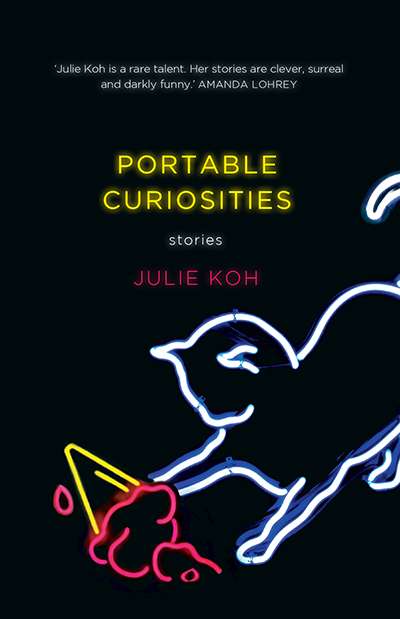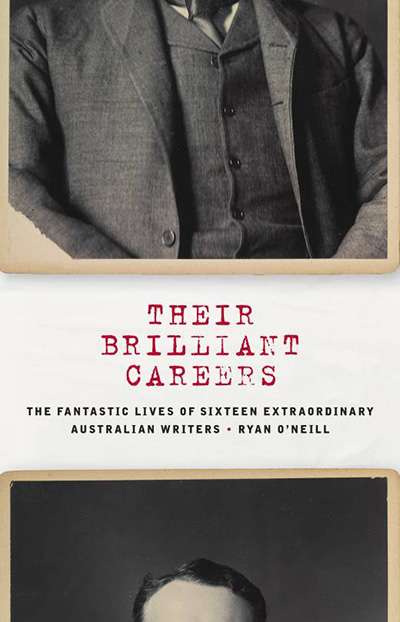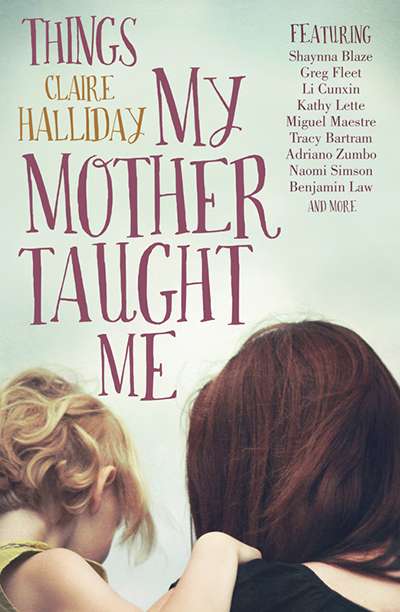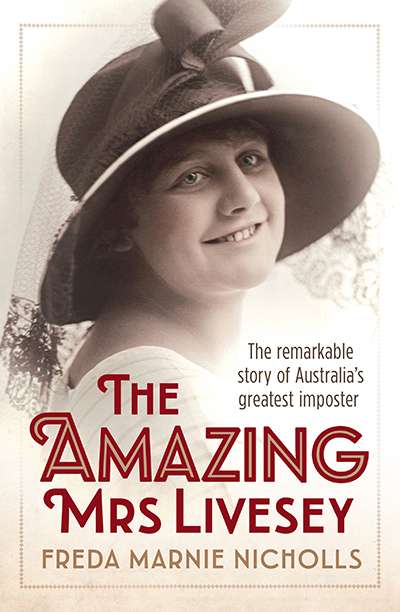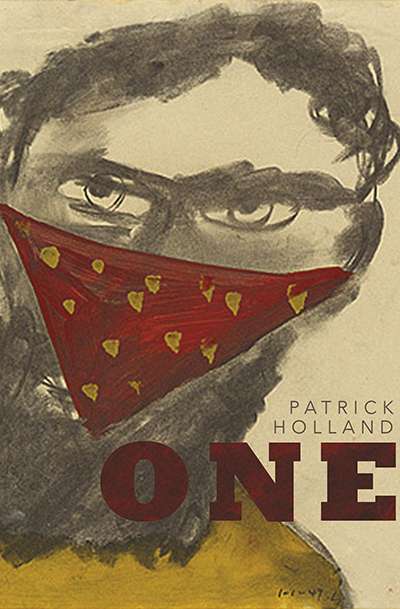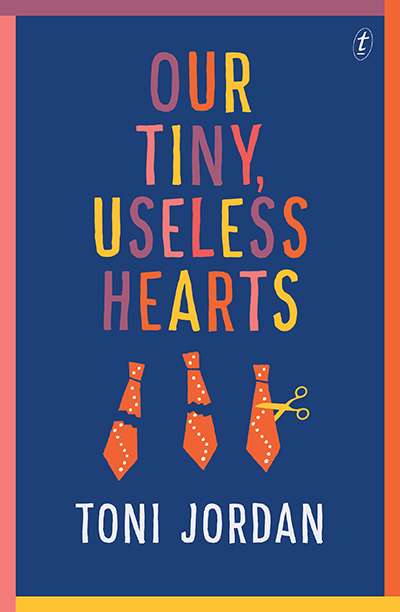In Brief
Their Brilliant Careers: The Fantastic Lives of Sixteen Extraordinary Australian Writers by Ryan O’Neill
by David Wright •
William Yang: Stories of Love and Death by Helena Grehan and Edward Scheer
by Jay Daniel Thompson •
Places Women Make: Unearthing the Contribution of Women to Our Cities by Jane Jose
by Gillian Dooley •

